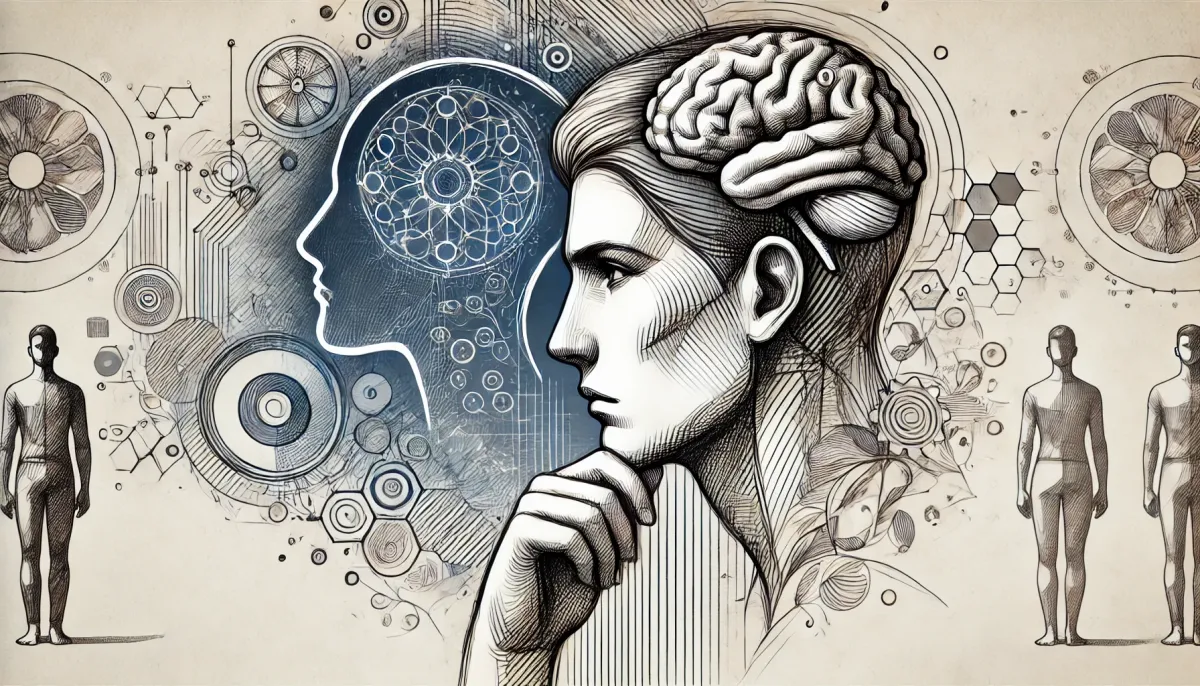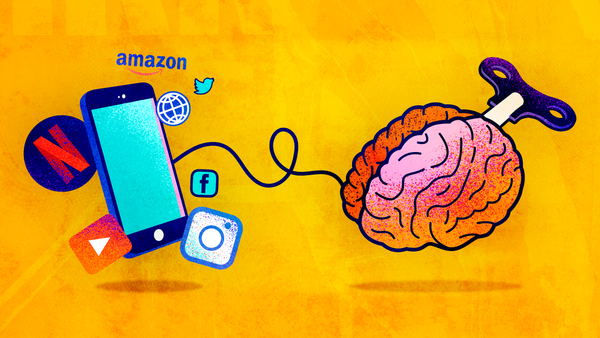The Psychology Behind Common Human Behaviours: What Everyone Wants to Know
Ever Wondered Why We Do What We Do? Dive Into the Psychology of Everyday Behaviours!

Have you ever wondered why people behave the way they do? From procrastination to decision-making, human behavior is often a complex web of motivations, emotions, and subconscious influences. In this newsletter, we'll dive into the psychology behind some of the most common human behaviors and uncover the reasons why we act the way we do. Whether you're curious about yourself or trying to understand others better, these insights will help you make sense of the human mind.
1. Why Do We Procrastinate?
Valid Laws is a reader-supported publication. To receive new posts and support my work, consider becoming a free or paid subscriber.
Procrastination is something we all struggle with from time to time. But why do we put off tasks even when we know they're important? According to psychologists, procrastination is not about laziness; it's about managing emotions. When faced with a task that feels overwhelming, boring, or anxiety-inducing, our brain seeks immediate relief through distractions that feel more enjoyable or less stressful. Overcoming procrastination often involves breaking tasks into smaller, more manageable steps and finding ways to make the work more engaging.
2. What Drives Our Decision-Making?
Decision-making is influenced by both rational thought and emotional impulses. While we like to think of ourselves as logical beings, our choices are often swayed by cognitive biases, such as confirmation bias (favoring information that confirms our beliefs) or the availability heuristic (relying on immediate examples that come to mind). Understanding these biases can help us make more balanced decisions. Next time you're making a choice, take a step back and consider: Are you being influenced by a bias?
3. Why Do We Crave Social Connection?
Humans are inherently social creatures, and our need for connection is deeply rooted in our psychology. Social bonds provide us with a sense of belonging, security, and purpose. Research shows that strong social connections are linked to better mental health, increased longevity, and greater life satisfaction. This need for connection can explain behaviours like seeking validation on social media or feeling lonely in the absence of meaningful relationships. To nurture your social well-being, invest time in relationships that matter and engage in communities where you feel valued.
4. The Psychology of Fear and Anxiety
Fear and anxiety are natural responses to perceived threats, but sometimes they can feel overwhelming or irrational. Psychologically, fear is an immediate reaction to danger, while anxiety is more about the anticipation of future threats. These emotions are part of our survival mechanism, but they can also be triggered by everyday stressors. Techniques like mindfulness, deep breathing, and cognitive-behavioral strategies can help manage these feelings by grounding us in the present and challenging irrational thoughts.
5. What Causes the Need for Control?
The need for control is a common human behavior, often driven by the desire to reduce uncertainty and feel safe. When we perceive that we have control over a situation, it reduces stress and helps us cope better with challenges. However, an excessive need for control can lead to anxiety and perfectionism. Learning to accept uncertainty and focusing on controlling what is within your power—such as your reactions and mindset—can lead to a healthier balance.
Conclusion
Understanding the psychology behind our behaviors can empower us to make more mindful choices and build better relationships with ourselves and others. Next time you catch yourself procrastinating, making a snap decision, or craving social approval, take a moment to reflect on the psychological factors at play. By becoming more aware of these underlying processes, you can navigate life with greater insight and intention.
Key Takeaways
- Procrastination is often about managing emotions, not laziness.
- Decision-making is influenced by cognitive biases.
- Social connections fulfill our need for belonging and improve our well-being.
- Fear and anxiety are natural but manageable responses to perceived threats.
- The need for control stems from a desire for security but requires balance.
Call to Action
Curious to learn more about the human mind? Subscribe to our newsletter for regular insights into the fascinating world of psychology and stay ahead with tips on how to apply these learnings in your daily life.
You May Also like :
- How to Spot Fake Nice People: Key Signs and Red Flags to Watch For
- What Your Face Reveals About Your Personality and Emotions
- How Do I Know If I’m in a Relationship with a Narcissist? Signs, Symptoms, and What to Do
- Does a Narcissist Know They Are a Narcissist? Understanding Narcissistic Awareness
- 10 Mind-Blowing Facts About Social Psychology You Need to Know
Valid Laws is a reader-supported publication. To receive new posts and support my work, consider becoming a free or paid subscriber.
Thanks for reading Valid Laws! This post is public so feel free to share it.



